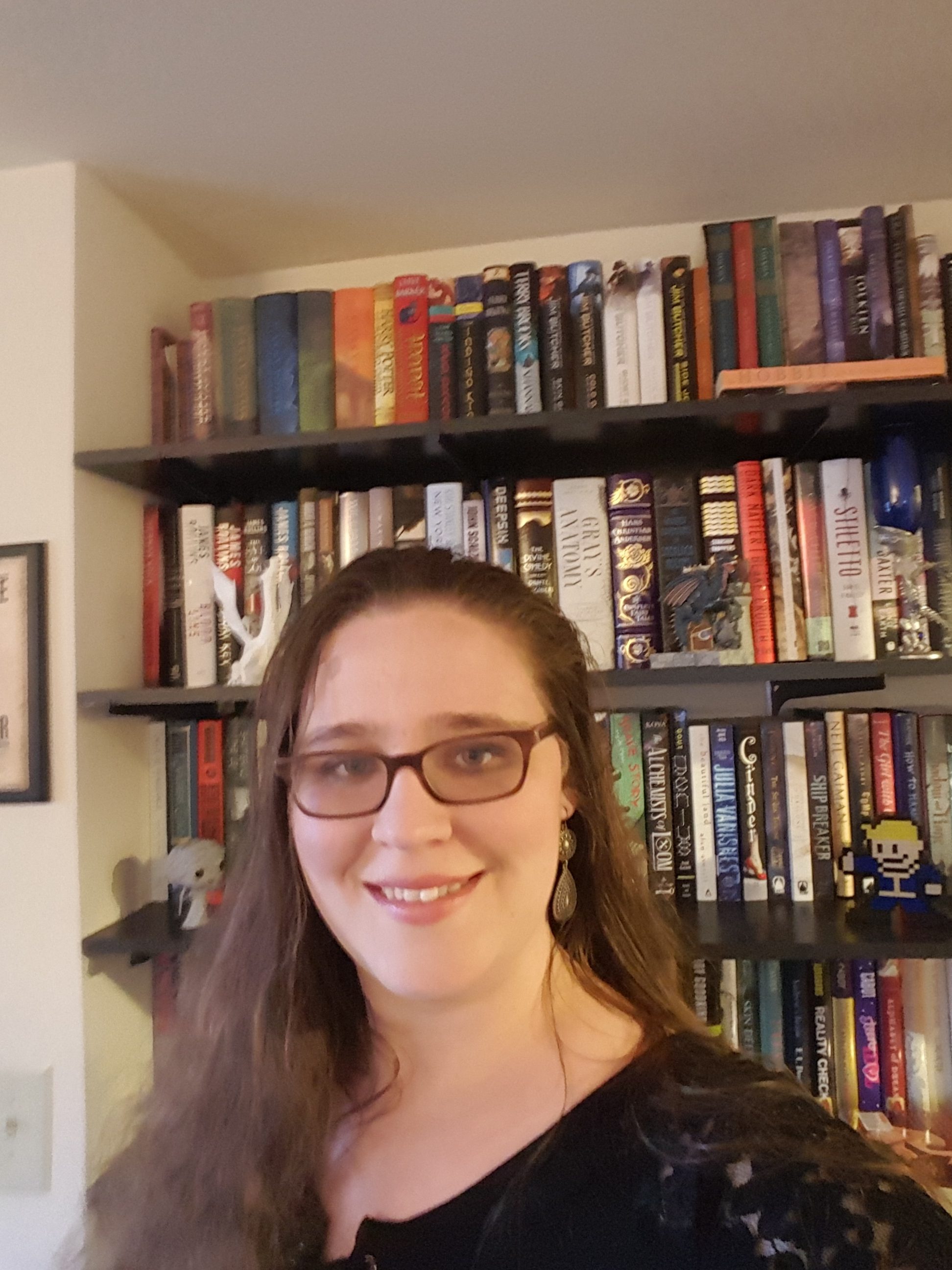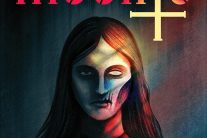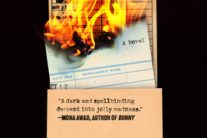I first discovered The Accusation by Bandai from a BookTube channel, thought I cannot recall which one exactly. There was something intriguing about this collection of short stories beyond the obvious – I always enjoy a good short story, and I actively seek out books in translation. This was a collection of stories from a place where we do not get stories, where literature and film and everyday life is somewhat of an unknown. It is a story the author went to great lengths to hide and smuggle out of North Korea to China. It is a story which, by all rights, I should have heard about soon due to nothing less than the sheer importance that it was published.
It was eerie, frightening even. The feeling wasn’t expected and, had I picked the book up blindly without knowing its genre or its history I might not have felt this way at all.
The Accusation read like a dystopian novel despite being a collection contemporary short stories. I was not prepared for this.
These were not the sort of young adult dystopian stories where the dystopian government is always overthrown, the young always have copious amounts of hope and drive to make things right, and everything always ends very nicely with lovers together, governments overthrown, and the future looking a whole lot brighter. These were the sort of adult dystopian stories taught in 11th grade English class. These were the dark stories, ones where the characters no have hope, where the government is rarely overthrown, society doesn’t change, and our heroes don’t always make it out alive.
This book was unsettling, eerie, wrong. These were stories about people. Maybe they weren’t real people, but they could have been real people. They were people set in a real place. And yet, they felt like everything that was not real, all those books that stand as warnings, as tales of what not to do, of commentary on how things can go too far or too wrong even when a dark other-world is never the intended consequence. Only, this time, it was real. This time, it was happening now.
And this made these stories more frightening than anything Orwell or Bradbury ever wrote.
The warnings aren’t warnings anymore. They’re real, and they’re here. Despite never living through anything comparable to what these characters experience, their trials and tribulations were felt, their plights my own.
There isn’t closure. There isn’t a happily for now ending, never mind a happily ever after. Life goes on in all its difficulty, and in all its hidden facets. This is not, in any way, a young adult dystopia. This is an adult dystopia, filled with stories that, usually, do not end on a hopeful note. The knowing fear, the anxiety that eats at your gut dissipates only momentarily between one short story and the next.
It is eerie finding a work of fiction that reflects a contemporary world in all its gritty realness while having read so many very similarly themed works that came before it which were so very firmly set in the realms of fantasy. The Accusation reads like the sort of science fiction dystopias I always read. The stories are about the same length as the old classics. The prose is just as beautiful. Yet, there is something different here. There is something that draws you in and captures you, and doesn’t let you go. There is something that makes the hair on the back of your neck stand on end.
Because it is not dystopian novel. It is contemporary fiction. It is a world in which the dystopian path was chosen, a real world reflection of the fantasy landscapes we’ve visited in so many novels.
The Accusation by Bandai is dystopian, and contemporary, so very eerie, and I urge anyone and everyone to read this book.






Post a comment